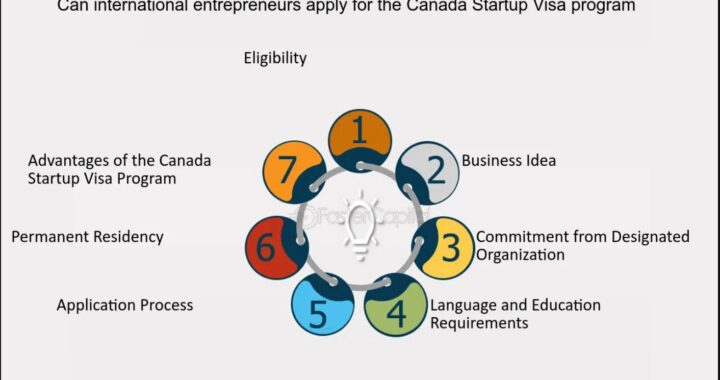Visa restrictions, work permit delays affect bilateral business
by LP News Team – October 10, 2006 – 0 comments
Visa restrictions, work permit delays affect bilateral business
London — Visa restrictions and delays in processing work permit applications are adversely affecting ongoing business activities between India and Britain, according to captains of Indian industry.
Concerns relating to visa and other matters affecting growth in India-Britain business have been conveyed to senior figures in the British government in a detailed document prepared for the India-UK Investment Summit Tuesday.
The background paper, compiled by the Federation of Indian Chambers of Commerce and Industry (FICCI), listed the problems faced by Indian business in relation to visas, tariff barriers, lack of reciprocity and restrictions on services.
The paper said: “The interest of Indian business in UK is now not only limited to seeking liberal access for its independent professionals on contractual basis but also in having liberal access for Intra-Corporate Transferees as more and more India companies are investing in UK.
“Problems relating to long delays, requirement of excessive documentation, limited duration of work permits, lack of clarity, non-uniformity of application of relevant rules and regulations, and exorbitant fee for extension of work permits continue to persist with UK. In case of UK, these long delays in obtaining work permits reduce flexibility of operations and leads to financial losses.
“In UK, for intra-corporate transfer of employees, we need a visa like L-1 visa as issued by US authorities, which allows foreign companies in US to transfer their employees in US for up to seven years.
“The problem of long delays in processing and extension of Residence permits to Indian professionals working in UK (and their families) continues to persist. In most cases Residence Permits are renewed for one or two years but by the time they are actually renewed, considerable time has lapsed and the permit remains valid for only six months or one year.
“Trade and investment is also restricted due to the policies which differentiate against foreign service providers. Some of the issues in this area include imposition of stringent conditions for eligibility like residency or citizenship requirements”.
FICCI highlighted a major cause for concern among Indian professionals coming to the UK for work on a short-term basis. They have to contribute to social security insurance but do not or will never receive commensurate benefits.
“Indian professionals are required to pay nearly 30-40 percent of their earnings to social security schemes without any commensurate benefits. There is no procedure to repay or transfer the amount of Social Security contribution if an employee leaves the job and returns to his home country,” the paper noted.
It added that Indian IT companies were losing out large business in government contracts in the UK. While British firms are allocated government contracts in India, Indian companies were not being extended equal opportunity to participate in government contracts here.
“In view of India’s expertise in IT, FICCI feels Indian IT companies can have fair share in Government procurement of IT solutions and services in the UK”, the paper noted.
In the healthcare sector, the paper noted the vast potential for growth and called for easing rules so that more British patients could travel to India for treatment. Currently, the Department of Health stipulates that patients can only travel for a maximum of three hours outside the UK for treatment, which prevents a large number of patients from travelling to India.
The paper also called upon British authorities to reconsider the recent decision to abolish permit-free training to doctors from India – a change that prevents a large number of Indian doctors ineligible to gain employment in the National Health Service.
In the area of services, the paper said: “In order to have effective market access for our service providers, India and UK need to work together to sort out their differences on this issue especially in case of professional and infrastructure services.
“In view of the growing interest of India and UK in the area of services and given the complementarities, FICCI feels that the two sides need to form a focused bilateral India-UK Trade and Investment Group on Services”.
The FICCI paper also raised the matter of mandatory standards and certifications required for exporting fruit products to the UK. The cost of getting all these certificates was very excessive not only for the small exporters but even for large exporters, it said.

 Get To Know Everything About Canadian Experience Class immigration
Get To Know Everything About Canadian Experience Class immigration  How To Find Perfect Professional Contacts For Getting Jobs in Canada?
How To Find Perfect Professional Contacts For Getting Jobs in Canada?  You can’t miss this News, if Eyeing for Canadian Permanent Residency
You can’t miss this News, if Eyeing for Canadian Permanent Residency  A Canadian Woman was Detained by U.S. Border Guards for 5 hours!
A Canadian Woman was Detained by U.S. Border Guards for 5 hours!  Canadian Trucking Alliance Calls the Canadian Government to safeguard the immigrant Truck Drivers Rights
Canadian Trucking Alliance Calls the Canadian Government to safeguard the immigrant Truck Drivers Rights  Immigration Process to Latvia and Job Prospects
Immigration Process to Latvia and Job Prospects  Notario Fraud- a rampant fraudulent practice trapping immigrants to US and Canada
Notario Fraud- a rampant fraudulent practice trapping immigrants to US and Canada  Launch Your Dreams: A Guide to Canada’s Start-Up Visa Program for Global Entrepreneurs
Launch Your Dreams: A Guide to Canada’s Start-Up Visa Program for Global Entrepreneurs  The high real estate prices in Canada are significantly impacting immigrants and International Students in Canada
The high real estate prices in Canada are significantly impacting immigrants and International Students in Canada